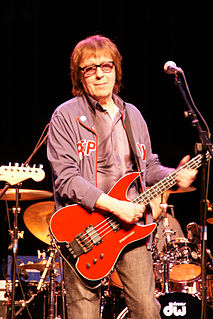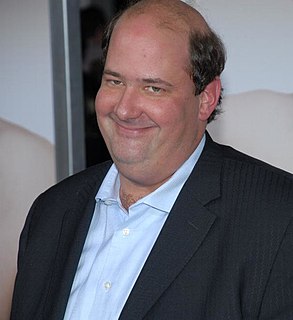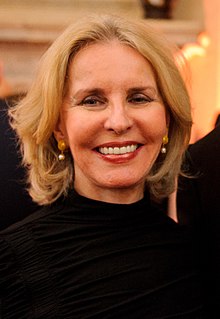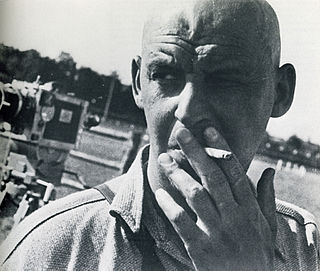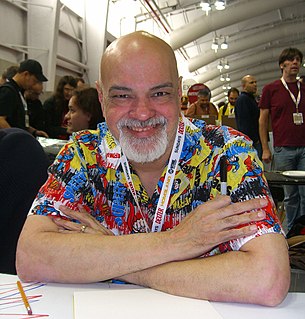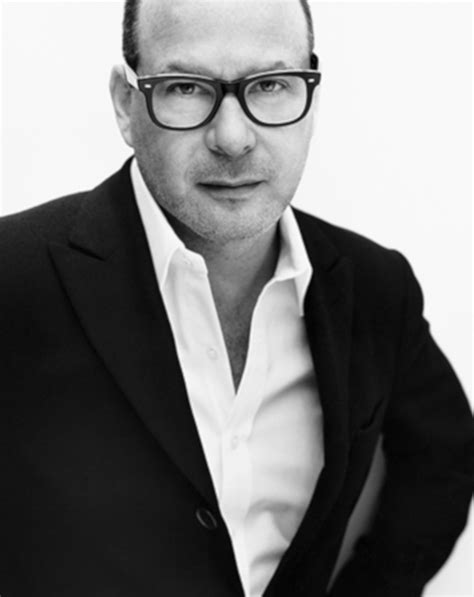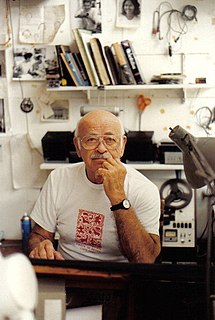A Quote by Bill Wyman
I open events for museums and I do charity work and photography.
Quote Topics
Related Quotes
Charity is to unburden you from your guilt, so you say, `I am doing something: I going to open a hospital, going to open a college. I give money to this charity fund, to that trust....` You feel a little happier. The world has lived in poverty, the world has lived in scarcity, ninety-nine percent of people have lived a poor life, almost starving and dying, and only one percent of people have lived with richness, with money - they have always felt guilty. To help them, the religions developed the idea of charity. It is to rid them of their guilt.
I don't know that there were any rules for documentary photography. As a matter of fact, I don't think the term was even very precise. So as far as I'm concerned, the kind of photography I did in the FSA was the kind of photography I still do today, because it is based on passionate concern for the human condition. That is the basis of all the work that I do.
When we want to help the poor, we usually offer them charity. Most often we use charity to avoid recognizing the problem and finding the solution for it. Charity becomes a way to shrug off our responsibility. But charity is no solution to poverty. Charity only perpetuates poverty by taking the initiative away from the poor. Charity allows us to go ahead with our own lives without worrying about the lives of the poor. Charity appeases our consciences.
